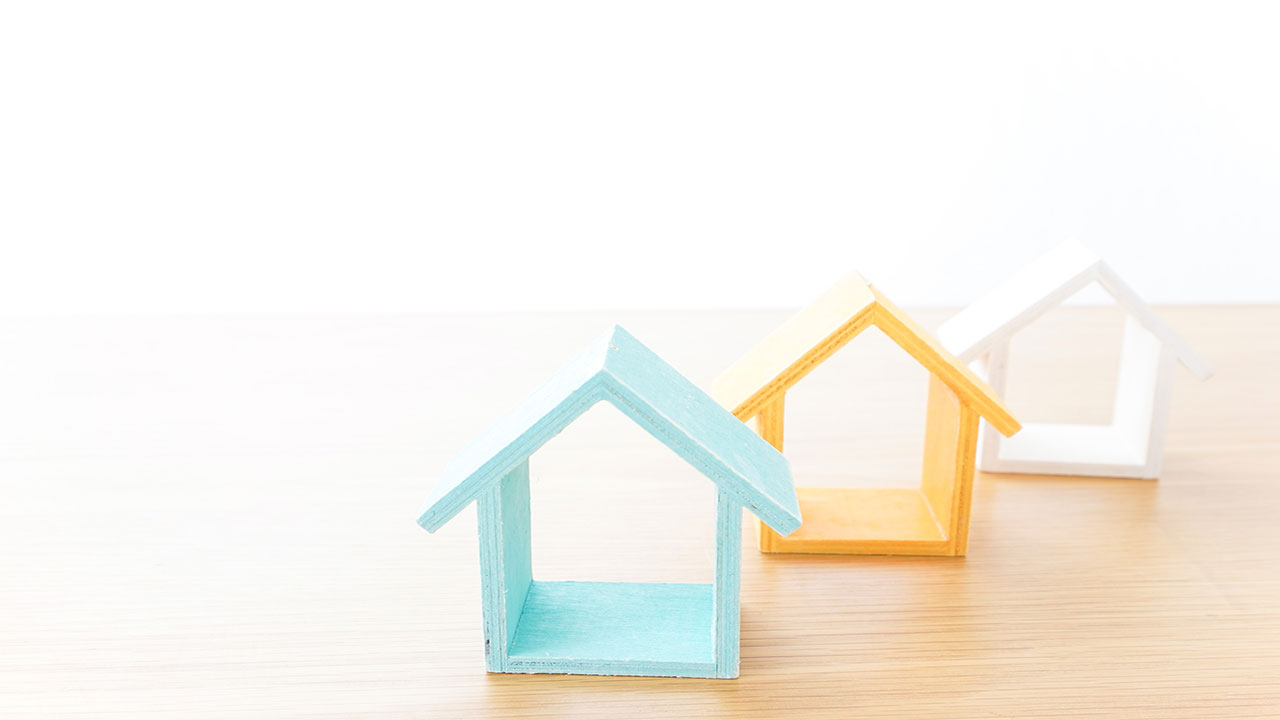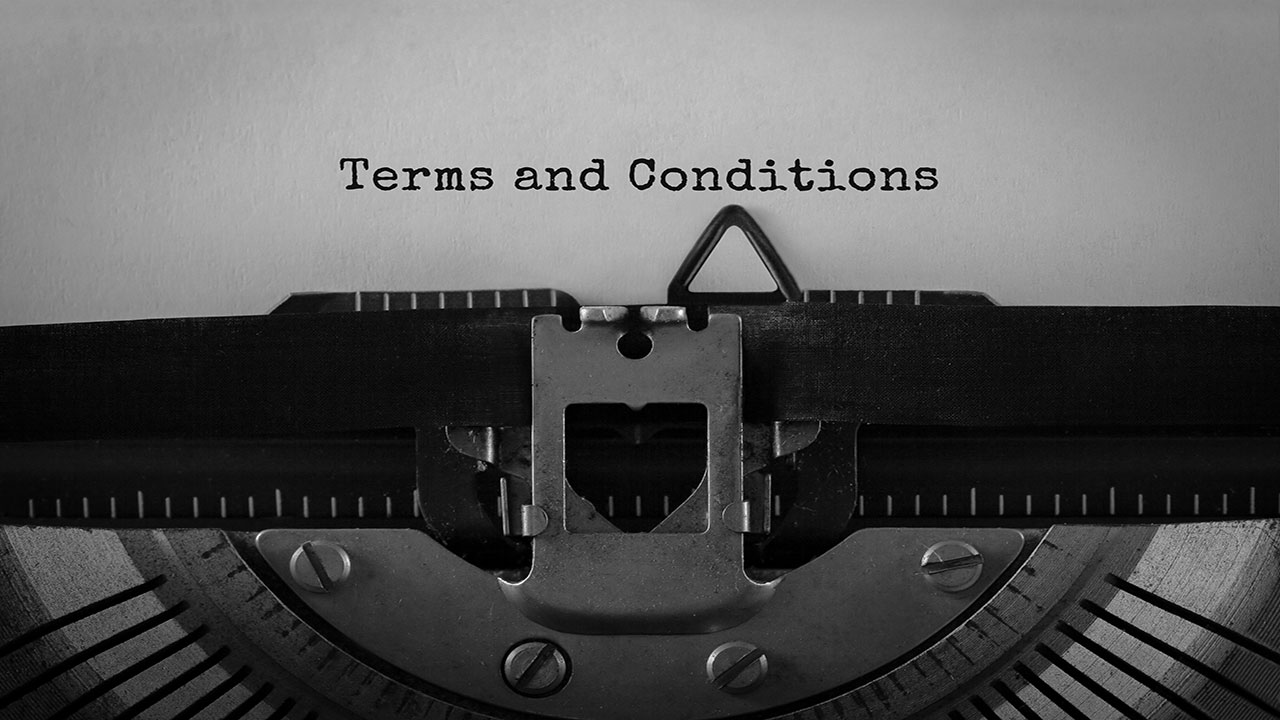
When you buy a home, you normally take out a mortgage to finance such a huge purchase. That’s considered your first mortgage.
But have you ever heard of “second mortgages?” What exactly are they? And why would you ever need one?
Let’s dive deeper into exactly what second mortgages are, how they work, and what you need to qualify for one.
What is a Second Mortgage?

Basically, a second mortgage is a type of mortgage that is taken out on a home that already has a mortgage on it. If there is enough equity built up in the home, the homeowner may be eligible to actually borrow against that equity. In this case, they’d be taking out a second mortgage on the home equity in order to get access to funds that may be needed to cover other expenses.
Whether the equity accumulated is a result of making monthly mortgage payment contributions, appreciation, or both, that equity can essentially be tapped into for a loan. The equity is basically the outstanding mortgage on the home subtracted from its value.
Second mortgages are also known as “home equity loans” and are considered a secured loan because your home collateralizes the loan. If you ever default on your loan payments, the lender could repossess your home in order to recoup their losses. Once you’re approved, you’ll be provided with the loan amount requested to be used for whatever purpose you need it for.
Another version of a second mortgage is what’s known as a “home equity line of credit.” In this case, instead of getting a lump sum of money as you would with a home equity loan, you’ll be given access to a specific credit limit that you can borrow against. This arrangement works somewhat like a credit card in that you’ll be approved for a specific limit that you can borrow against.
You can then borrow as much or as little of that credit limit as you like, and will only be charged interest on the portion that you borrowed. Once that borrowed amount is repaid, you start back at zero and are free to borrow against that same amount again and again as required within the loan term.
How Do Second Mortgages Work?

A second mortgage allows homeowners to use the equity they have in their home as security against another loan, which means two mortgages on the home will now exist. The loan amount that the lender providing the second mortgage will provide will depend on the amount of equity built up in your home.
Interest rates on second mortgages tend to be higher compared to those charged on the first mortgage because the second mortgage lender is assuming a bigger risk. That’s because the second mortgage lender is second in line to the first mortgage lender. If you ever default on your loan payments, the first mortgage lender will have first priority.
How Do You Qualify For a Second Mortgage?

Like your first mortgage, you’ll have to qualify for a second mortgage before you’re able to pull out any equity in your home. Just because you have some equity in the home doesn’t necessarily mean that you’ll automatically qualify for a second mortgage.
The following are the qualifications that will have to be met in order to get approved for a second mortgage.
Equity. Lenders will usually want to make sure that you’ve got a certain amount of equity built up in the home before they approve you for a second mortgage. Generally speaking, lenders require that you have at least 20% of equity left in your home after borrowing against it in order to secure a second mortgage. That said, lenders may have different requirements, though 20% is typically the standard.
Income and debt. Lenders want to verify that you have a reliable and steady source of income to make sure that you’ll be able to make your payments. They’ll also want to look at how much debt you carry and ensure that it’s not so much that your income won’t be able to support an additional payment.
Credit score. Good financial health may allow you to borrow more against the equity in your home. Your lender will want to assess your credit score before agreeing to extend a second mortgage, much like what would be required with your initial home loan. In general, credit scores of at least 650 to 680 are what lenders require, though the exact requirements may differ slightly from one lender to the next.
The Bottom Line
Whether you need access to cash to pay for a home improvement project, to repair your car, or to pay for any other major expense, a second mortgage could be the answer if you qualify. It can also be used to consolidate your debt if you’re able to secure a second mortgage at a low-interest rate. Whatever your need for the loan may be, a second mortgage could be a viable option if you’ve got enough equity built up in your home and your current finances are able to support the extra debt payment.